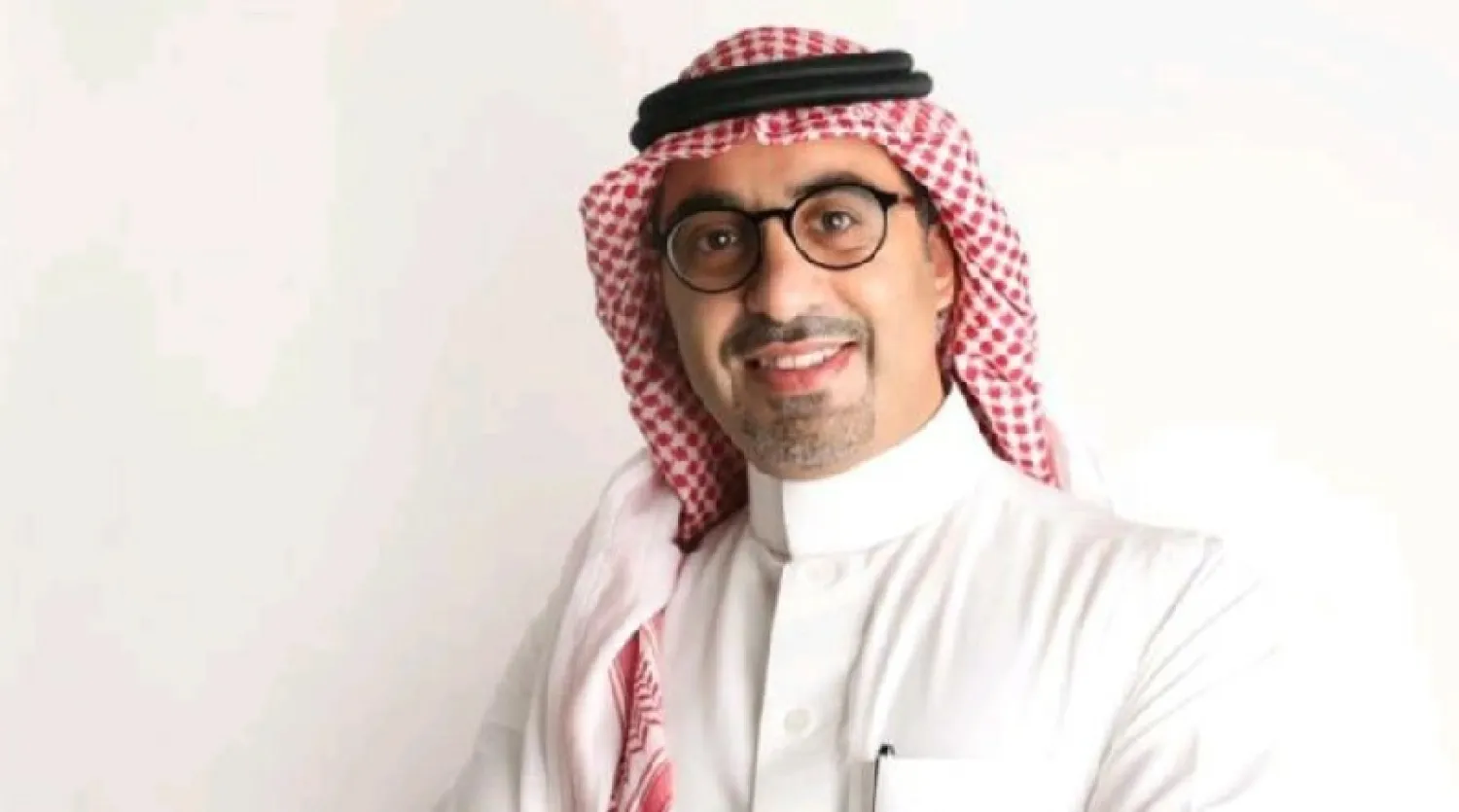The members of the Executive Board of the International Monetary Fund (IMF) have unanimously selected the Executive Director of Saudi Arabia at the IMF, Abdullah bin Zarah, as chairman of the Ad Hoc Audit Selection Committee (ASC) and as a member of the Evaluation Committee (EVC) of the Executive Board until Oct. 31, 2024.
The Ad Hoc Audit Selection Committee aims to recommend a suitable candidate as a new member of the External Audit Committee (EAC) that oversees the IMF’s external audit, internal audit, financial accounting and reporting, risk management, and internal control functions.
Members of the External Audit Committee continue their periodic appointments for three years.
The ASC includes, in its current membership, the executive directors of Italy, Australia, Mexico, and Finland.
The Evaluation Committee aims to follow the evaluation function of the IMF closely and to advise the Executive Board on matters related to evaluations, including those relating to the Independent Evaluation Office (IEO), which is responsible for conducting independent and objective assessments of the IMF’s policies and activities.
The office has an agenda on the evaluated topics, and this schedule is updated periodically. In addition to the Executive Director of Saudi Arabia, this committee currently includes the executive directors of Canada, the United Kingdom, Germany, Italy, Mexico, Singapore, and Zimbabwe.
The appointment of bin Zarah was based on his extensive experience and deep knowledge in several financial and investment fields, public debt management, credit and asset management, corporate finance, and treasury.
He was the Head of Operations and Chief Executive Officer at the Debt Management Office.
Last October, Saudi Arabia concluded a memorandum of understanding with the IMF to establish a regional office in Riyadh to enhance its presence in the region and provide economic recommendations to the Gulf countries and the area.
In 2021, the Saudi Minister of Finance appointed bin Zarah as the Executive Director representing Saudi Arabia at the International Monetary Fund.









